Category: Blog
Wisdom for Teams #29


—
Concentrate all your thoughts upon the work at hand. The sun’s rays do not burn until brought to a focus.
—
ALEXANDER GRAHAM BELL (1847 – 1922), Scottish-born inventor, scientist, and engineer, credited with inventing and patenting the first practical telephone.
4 Universal Truths Like Gravity


Photo by GMB Fitness on Unsplash
—
7th grade + A gymnastics balance beam + Me fooling around = An awful black eye + An important lesson
—
We can defy gravity but we better not ignore it.
—
Here are four universal truths, like gravity, that I’ve picked up along the years. Defy them at will. Ignore them at your own peril.
—
1 – We are evolutionary work in progress.
Our personal growth is limited by the constraints of the evolution of our species. We can only be what nature allows us to become, and we are not that different from the Homo sapiens of 100,000 years ago.
Make peace with the fact that there are a bunch of unconscious and involuntary survival forces at work in you that you cannot eliminate.
—
2 – We are meaning making machines.
We need meaning to make sense of life, and at the same time, meaning doesn’t exist in itself, we make it up. Meaning is not finding a purpose for experience, meaning is deciding to make experience purposeful.
Don’t look for what your life means. Create meaning for where you are right now.
—
3 – We are the quality of our mind.
Ever notice how some people who live in shitty conditions can live rather happy lives? Whatever our reality, we can only experience the world through our mind. This means the quality of our experience depends on the quality of our mind. Quality of life is quality of mind.
Improve the quality of your mind through education and introspection.
—
4 – We are slaves to our beliefs.
Beliefs are like sunglasses — like it or not, they color reality. Good or bad, right or wrong, whatever we believe determines how we perceive and interpret everything that happens. We can change our beliefs, but once accepted, we can’t erase the color they impose on us.
Regularly review how well your beliefs are working for you.
—
What universal truths would you add to the list?
Wisdom for Teams #28
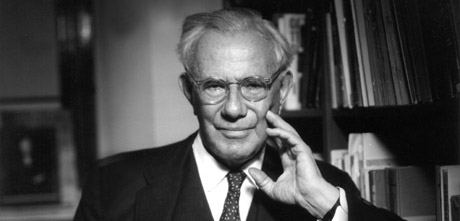

—
The passion for truth is silenced by answers which have the weight of undisputed authority.
—
PAUL TILLICH (1886 – 1965), German-American existentialist philosopher and theologian, widely regarded as one of the most influential theologians of the twentieth century.
How Certain Are You of What Is True?


Photo by Thomas Bormans on Unsplash
When I first entered the seminary to become a priest, I never missed morning prayer. I believed that if you were not sick, there was no excuse not to show up. After all, we had a wake up call every morning, and we could always ask a buddy to knock on our room door to wake us up.
So I believed if you missed morning prayer, you should be expelled from the seminary. I believed this to be true.
Three years later, I would occasionally miss morning prayer. I now believed that everyone went through phases. So missing morning was no reason to expel a student. I believed this to be true.
Two drastically opposite ideas of the truth with one thing in common: At the time, there was no doubt in my mind. I firmly believed them to be true. Now, at 45, I wonder how in time I might come to believe the opposite of what seems today to be true.
What shall we make of this?
Wisdom for Teams #27


—
That which is not good for the hive, is not good for the bee.
—
MARCUS AURELIUS (121 – 180), Roman emperor and Stoic philosopher.
4 Guidelines for Hybrid Meetings
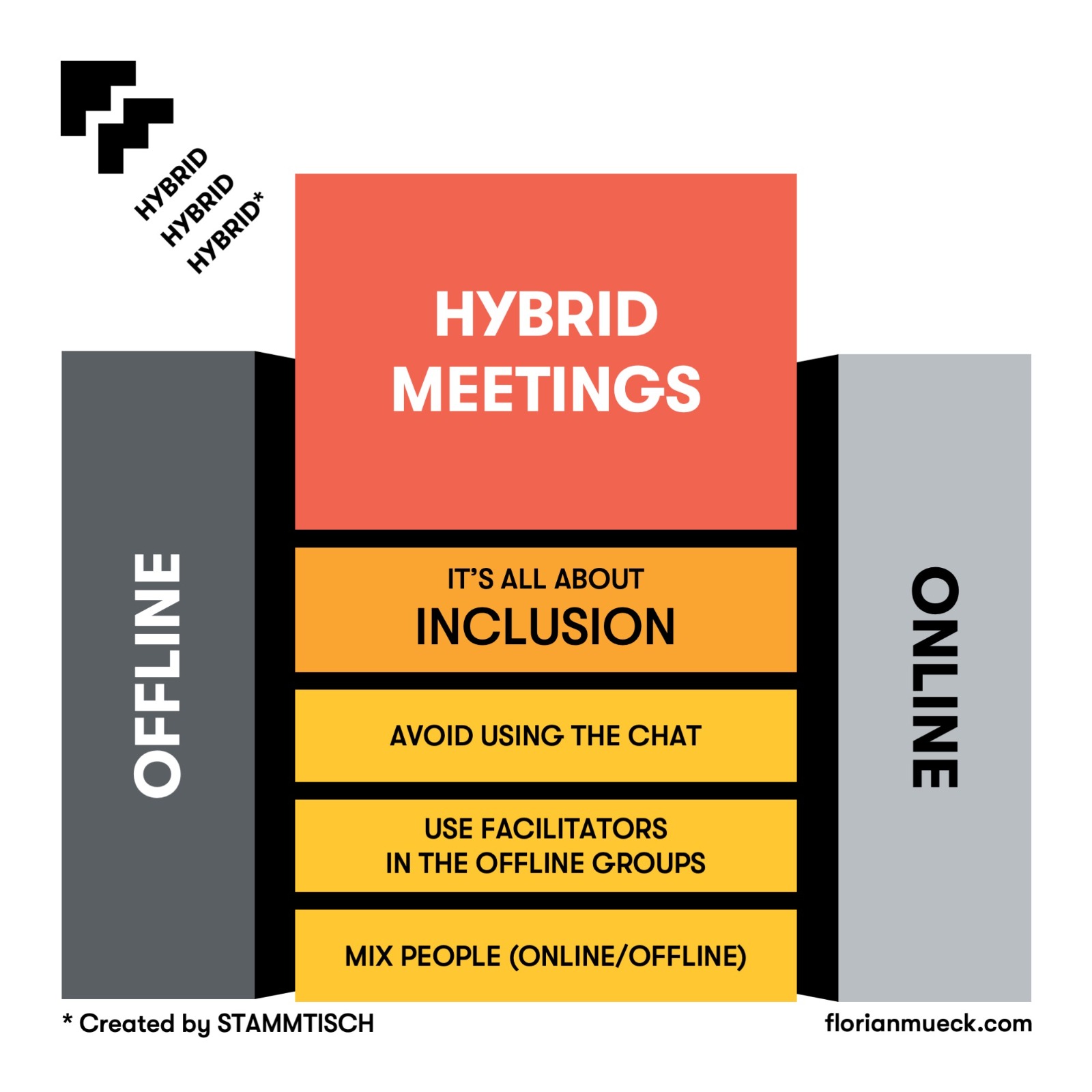
Last week I had my first hybrid meeting. It was public speaking training with ALG, a global consultancy. The meeting had an interesting setup. Four trainers: Conor and Sebastián were in their home studios. Claudio was in a conference room in Madrid with a group. I was in the Barcelona offices with another group. The remaining participated from their homes.
In hybrid meetings, some participants are physically alone connecting on their own computer, while others are together in a room, connecting with just one computer. The result is a mix of the dynamics of face-to-face interaction with the dynamics of online interaction.
What to do differently in hybrid meetings?
—
At our weekly Stammtisch meeting, I brought the question to my buddies and fellow trainers, Alex and Florian. Here are our four guidelines that Florian kindly captured in an infographic.
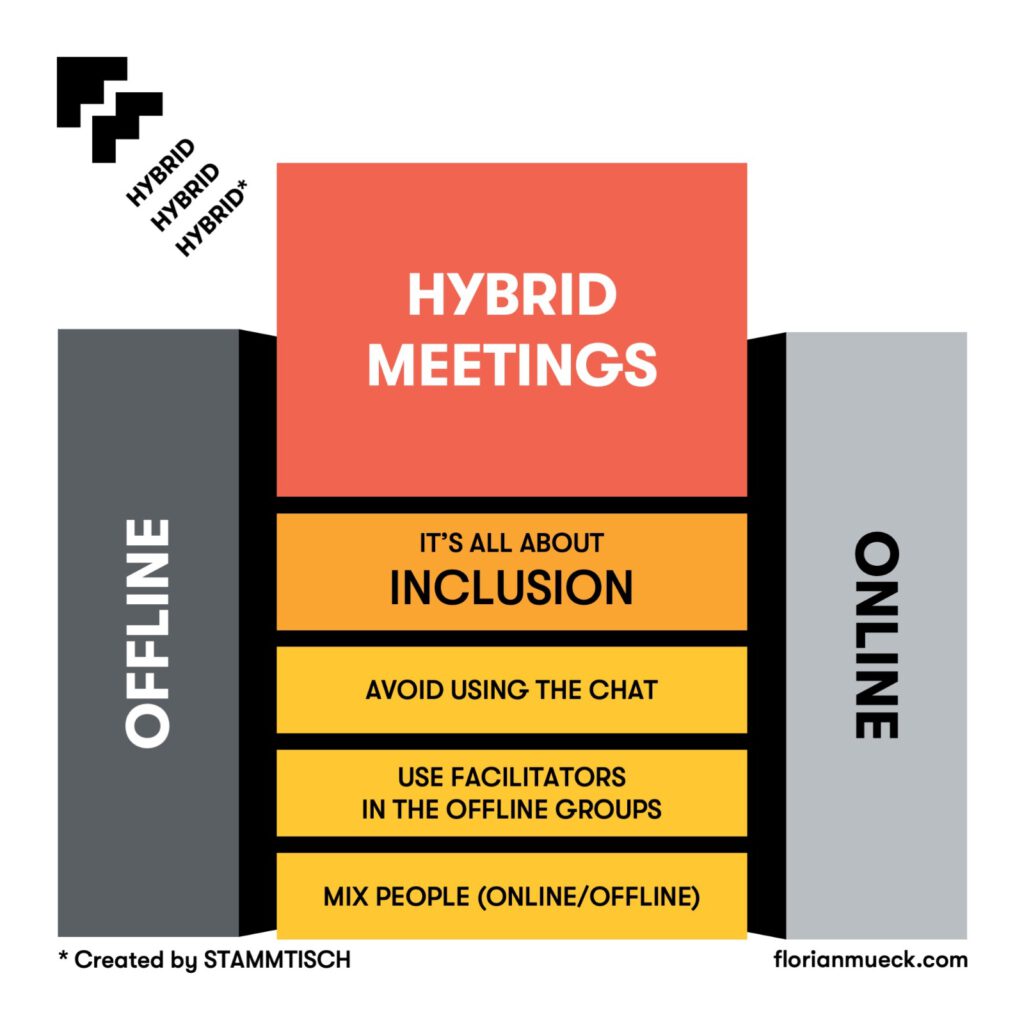
Wisdom for Teams #26
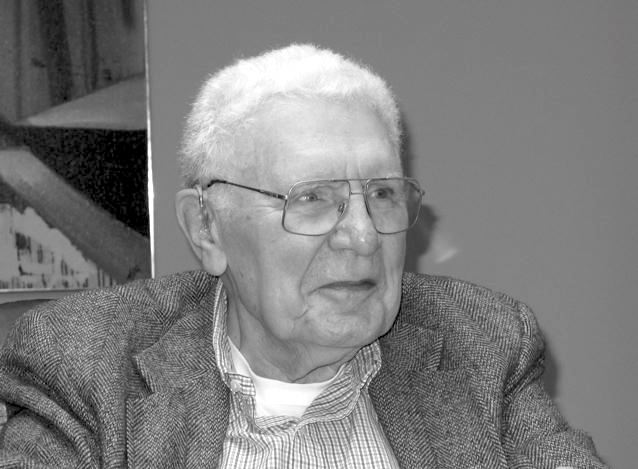

—
People learn more from their own mistakes than from the successes of others.
—
RUSSELL LINCOLN ACKOFF (1919 – 2009), American organizational theorist, consultant, pioneer in the field of operations research, systems thinking and management science.
My Mom


On September 18, my mom, Jorgina, turned seventy. It was a wonderful celebration, even though the other half of the family that doesn’t live in the Azores participated only for a few moments via a video call.
Seventy years made me think about the inevitable, the inescapable, the undeniable. Death. Make no mistake. My mom is a badass. She’s easily got another thirty years in her, and she will definitely not go gentle into that good night. But still, it will happen, and it doesn’t feel nice.
This past Saturday, after my coaching sessions at IESE Business School, my colleagues and friends, Conor Neill and Tony Anagor, and I stood in the parking lot and chatted under the beautiful Barcelona sun.
We talked about how we sometimes struggle to slow down, to stop, to do nothing. Tony said he recently listened to a podcast that suggested we read a poem to help us become more mindful and slowdown. This is the poem:
—
Be here. Not there.
—
That’s the poem. Be here. Not there.
Back to my mom. So grateful for this poem! If I’m there, at the future moment of her death, I’m bound to worry and suffer. If I’m here, at the present moment of her seventy years, I’m bound to celebrate and feel happy.
My mom will die. I will die. I don’t know what it will be like. But it seems pointless to stop living the present to worry about a future I can’t change. So for now, I choose to stay here, happily celebrating her seventy years.
Love you, mom.
Wisdom for Teams #25
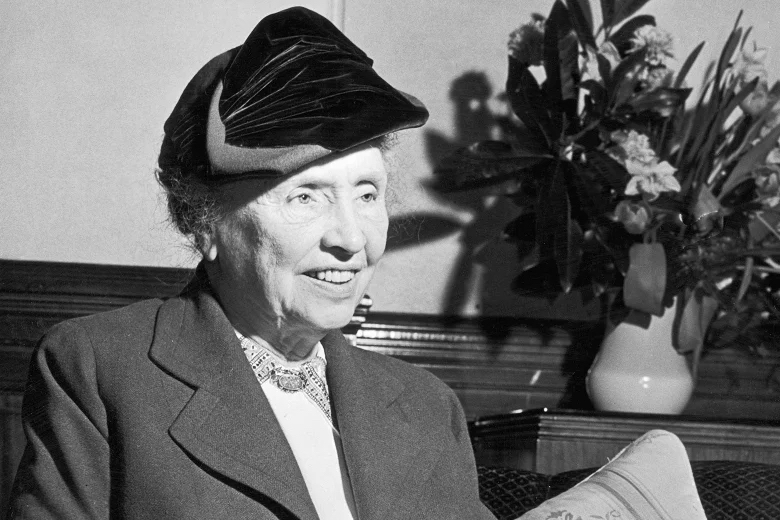

—
“We could never learn to be brave and patient, if there were only joy in the world.“
—
HELEN KELLER (1880 – 1968), USA author, disability rights advocate, political activist and lecturer.
What Is Your Problem?


—
For the audio version of this post click below.
—
On July 6th I gave my first fact-to-face speech since the lockdown. I spoke at the BED Event in Barcelona for professionals of the events industry, both event organizers and providers. My question for them was: What is your problem?
One way of making sense of life, is to view the situations we face as a series of problems. For example, getting a degree, finding a job, and raising kids can be seen as “problems” we face in life.
Problems fall into one of two categories:
- Problems-we-have. Examples could be: I want a promotion; I want more clients; I need someone in my life. What do these problems all have in common? In all of them we occupy the center stage and the spotlight is shining on us.
- Problems-we-solve. Examples could be: I want to participate more in the company’s success; I want to serve more clients; I’d love to share my life with someone special. These problems have in common the fact that other people occupy the center stage and the spotlight is shining on them.
—
Generosity is the highest form of fulfilment.
—
Notice how both types of problems deal with the same situations and the same people. The difference is who the problem is about: us or others. Now look back on the lives of your role models. Was it a series of problems-they-had or problems-they-solved?
From what I’ve seen in my 45 years, it is much easier to deal with the challenges we face, both professionally and in our personal life, when we transform problems-we-have into problems-we-solve by moving our butts away from the center stage and shinning the spotlight on others.
—
So what problems are you solving at this point in your life?
Given the recent changes in the world, what new problems could you solve?
—

